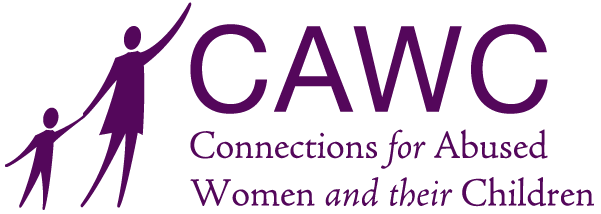Domestic abuse is a serious human rights violation that affects millions of people worldwide. It is a pattern of behavior in which one partner seeks to control and intimidate the other partner through physical, emotional, financial, or sexual abuse. This is not only harmful to the affected partner, but also to any children who may be involved.
If you or your children are experiencing any form of abuse from your intimate partner, you should learn about the forms of justice you can obtain if you notify the police of your situation or file a domestic abuse charge. Here’s what you need to know about the legal consequences of domestic abuse.
Is Domestic Abuse a Crime?
Yes, domestic violence is a crime, as are other forms of abuse in many states. Each state in the US has laws that prohibit domestic violence in particular, and when it’s reported, it can result in the arrest and prosecution of the perpetrator. The laws regarding arrest vary from state to state, but most states define domestic violence as any intentional physical harm, injury, or assault that is committed against a family or household member.
Is Domestic Abuse a Felony?
Domestic abuse can be classified as a misdemeanor or a felony depending on the severity of the offense. It is considered a felony if there is a history of violence or if the survivor has suffered significant injuries. In other cases, it may be classified as a misdemeanor. The extent of the offense will determine the charges and the potential penalties that the perpetrator may face.
Are Domestic Abuse Trials Held in a Civil or Criminal Court?
Domestic abuse trials may be held in a civil or criminal court—and sometimes both—depending on the severity of the abuse and the ways in which the survivor is harmed. For example, domestic violence is always a criminal offense that can result in jail time, fines, and other penalties for the abuser. Non-violent forms of domestic abuse don’t necessarily lead to a criminal trial in all 50 states, but more and more states have begun criminalizing psychological, sexual, financial, and technological abuse as well.
Regardless of the type of abuse and whether or not it is tried in a criminal court, the survivor may file one or more civil lawsuits against the perpetrator to seek compensation for any injuries, financial damages, or emotional distress that they have suffered.
In addition to criminal charges, domestic abuse can also result in a restraining order or protective order. A restraining order legally requires the perpetrator to stay away from the survivor and refrain from any contact or communication with them. Violating a restraining order can result in additional criminal charges and penalties.
Domestic abuse can also result in lost rights and privileges. For example, a person who is convicted of domestic violence may lose their right to own or possess firearms. They may also face restrictions on their ability to see their children or to maintain custody or visitation rights.
If you or someone you know is experiencing domestic abuse, seek help immediately. Contact your local law enforcement agency, domestic violence hotline, or a local nonprofit organization dedicated to ending domestic abuse.
Learn About Abuse Survivor Rights With Connections for Abused Women
At Connections for Abused Women and Their Children (CAWC), we believe that everyone has a right to a life free of violence. Our mission to end domestic violence is rooted in education, service, and advocacy. In addition to working toward broader social change, we provide empowerment-based and trauma-informed support in the form of shelter, counseling, and advocacy to individuals affected by domestic violence and their children. This includes using legal tools and expertise to protect you and your rights.
If you or someone you know is struggling with domestic violence, don’t hesitate to call our 24-hour hotline at (773) 278-4566.
